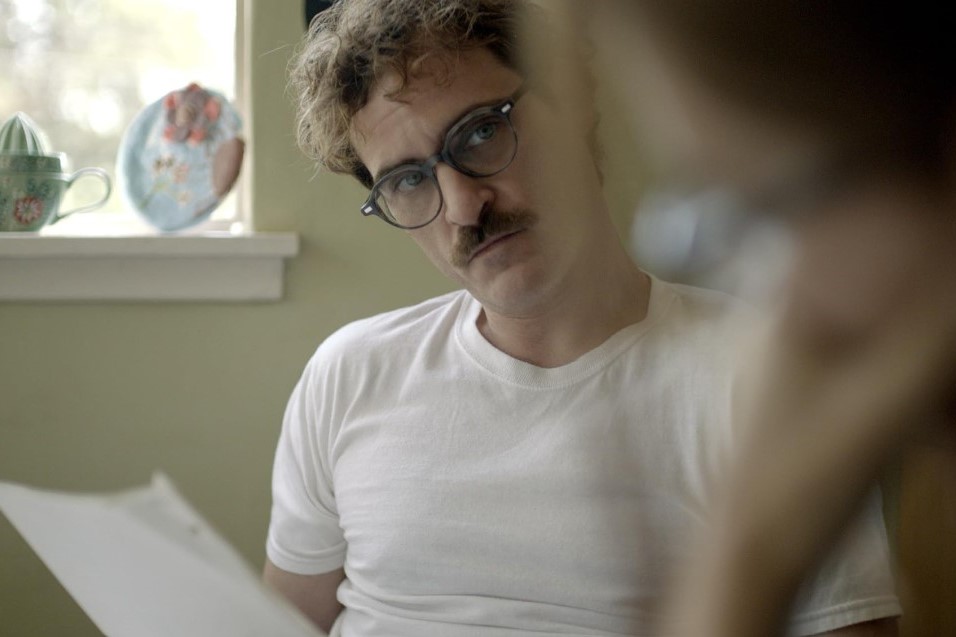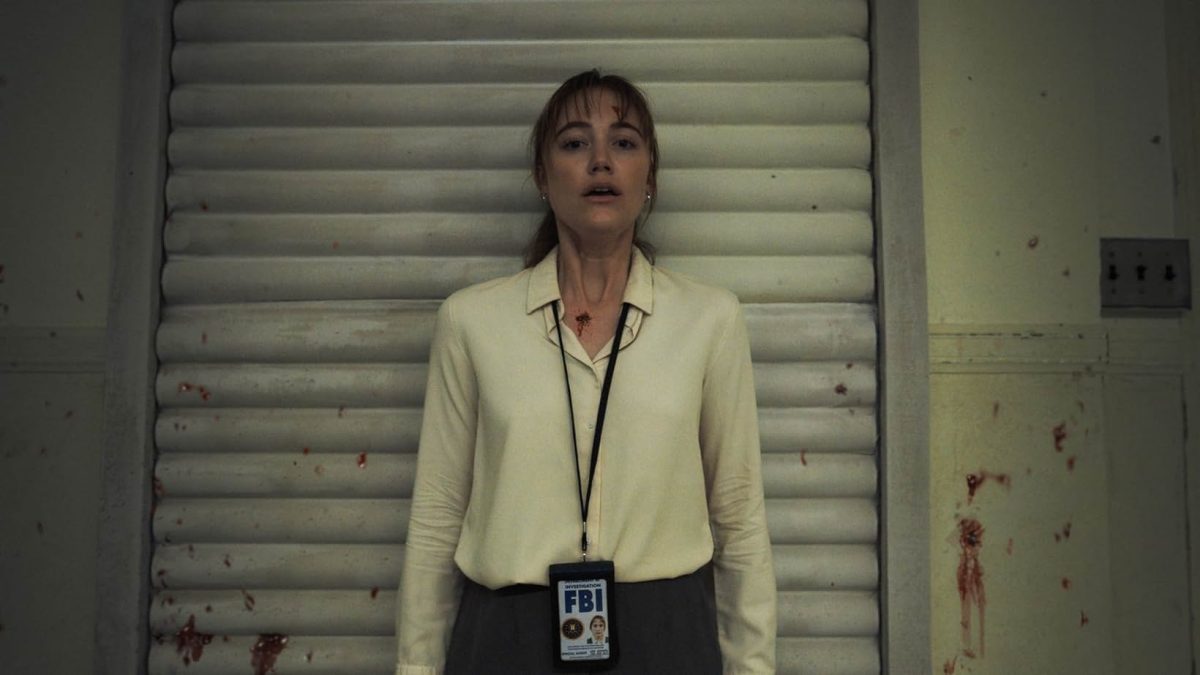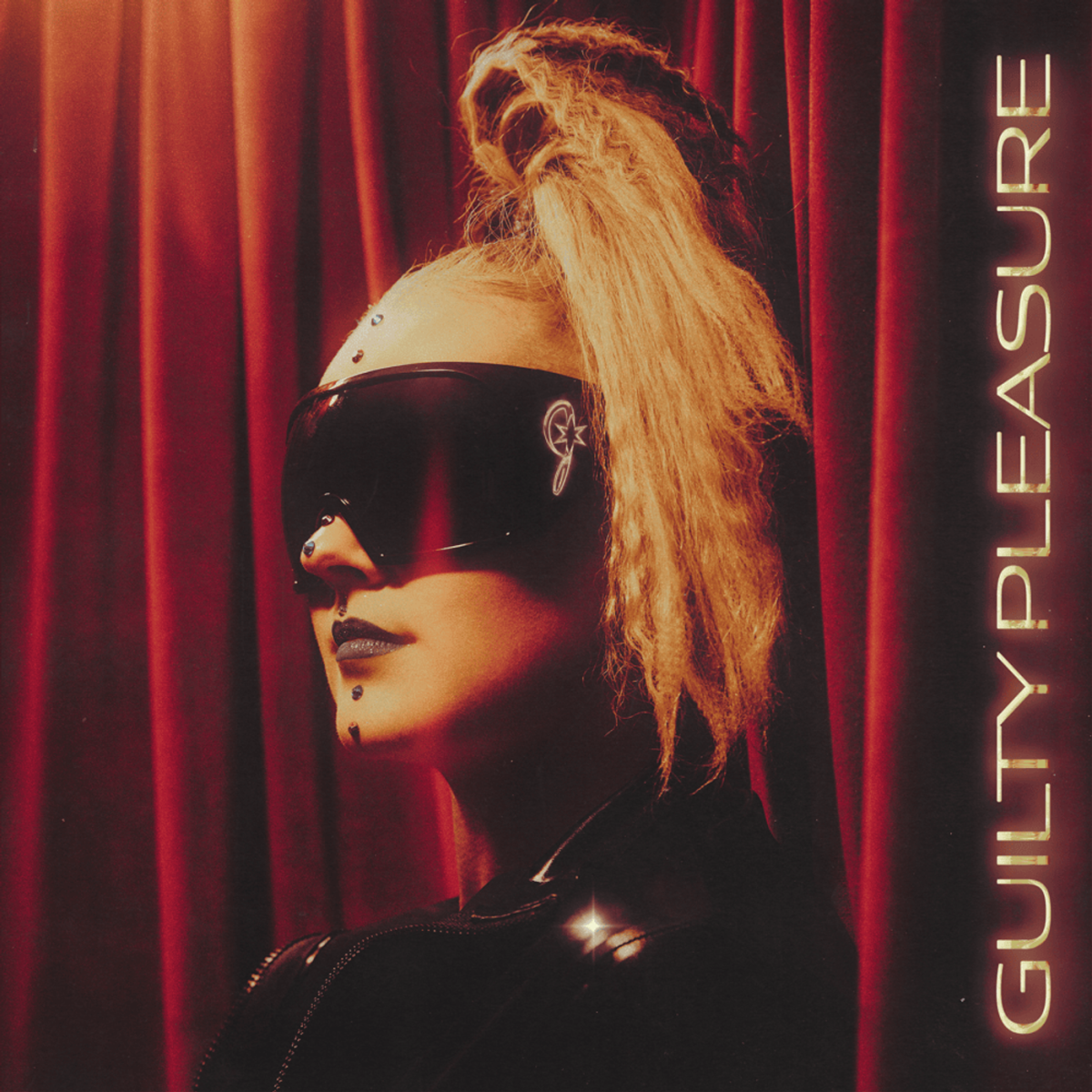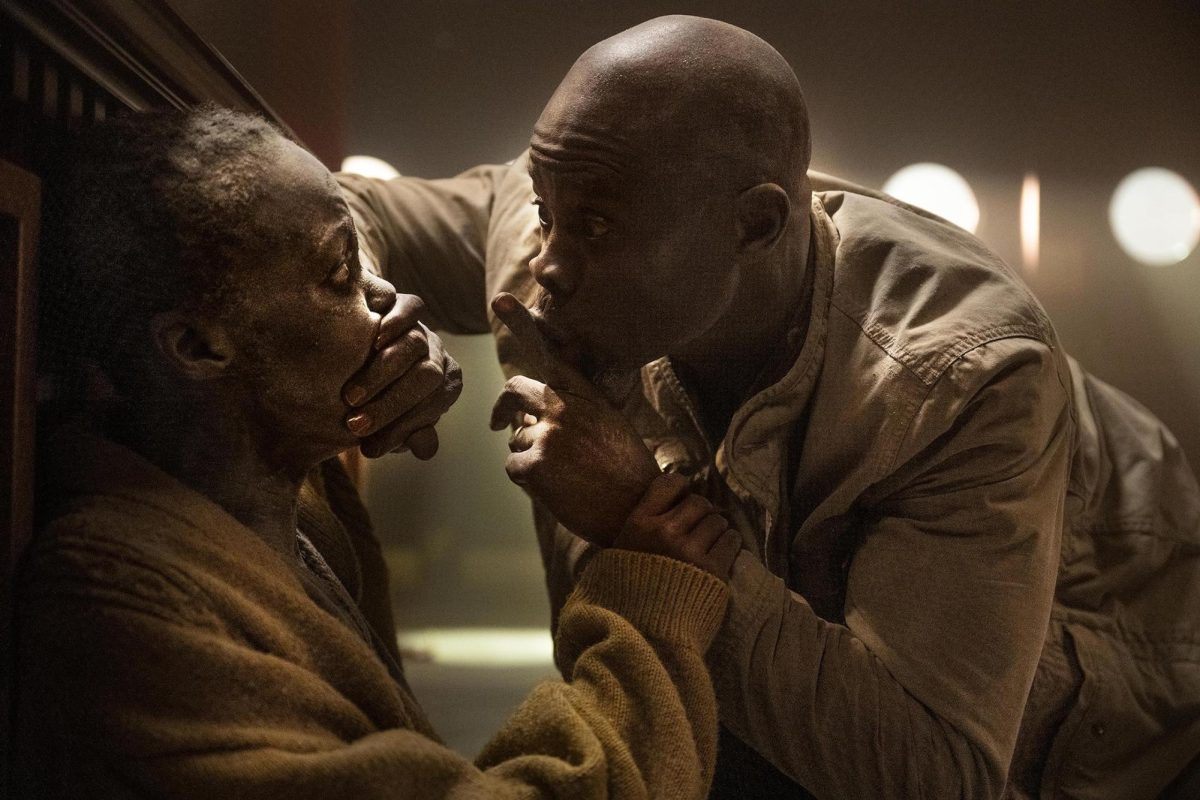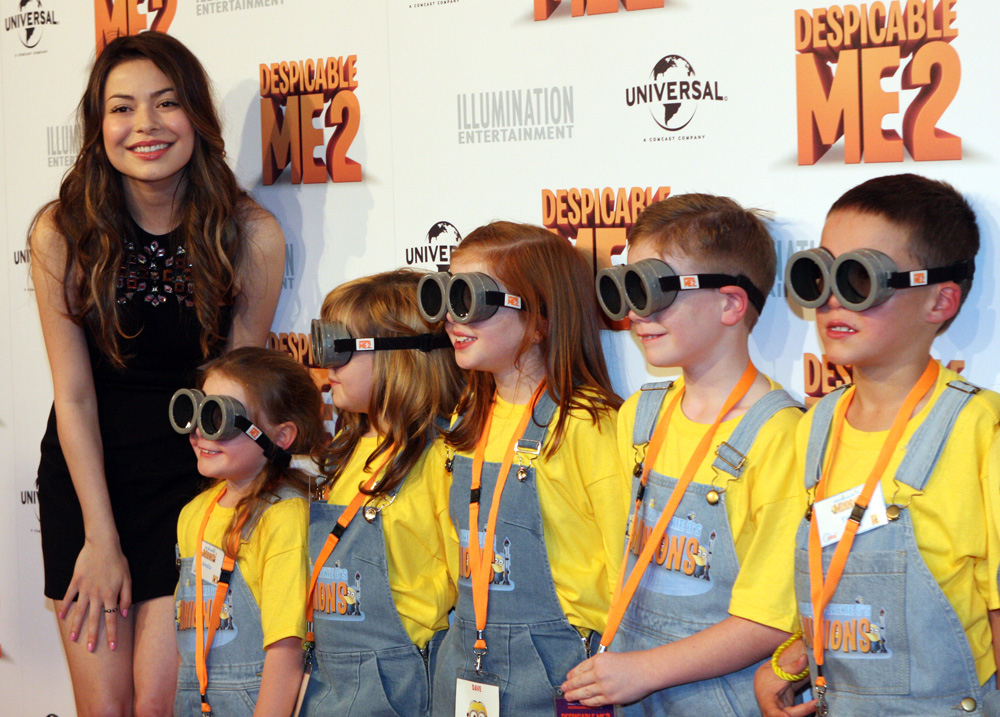**This article contains spoilers.**
In his 2013 film “Her,” director Spike Jonze bravely asks questions about the nature of human relationships, the role of technology in our lives and how those two can coexist.
Today marks the movie’s 10-year anniversary, and somehow we’re still asking ourselves the same questions.
“Her” is a science fiction romantic drama which tells the story of Theodore “Theo” Twombley (Joaquin Phoenix), a lonely divorcee who forms a romantic relationship with Samantha (Scarlett Johansson), an artificially intelligent virtual assistant.
Saddened by his divorce and seemingly disillusioned with life, Theo buys an operating system that comes with an AI virtual assistant with the ability to adapt and evolve. He programs it to have a feminine voice, which names itself “Samantha.” Soon enough, the pair begin to bond, and their connection eventually turns romantic.
Get The Daily Illini in your inbox!
When I first heard about the movie before the pandemic, the concept seemed comedic, almost ludicrous. How could a human being form a relationship with a piece of technology? What kind of reality would allow that to happen?
Fast forward to 2023, “Her” feels more relevant now than ever. Since its release, there have been multiple technological achievements that make the love story between Theo and Samantha not look too far-fetched.
Since “Her,” there’s been a boom in the use of AI with software like ChatGPT or the image generator Dall-E becoming increasingly popular. After the pandemic, the use of screens has noticeably increased. Hand in hand, so has loneliness. A report from NPR even called this recent phenomenon a “loneliness epidemic.”
In “Her,” Theo pointedly struggles with isolation after the falling out of his marriage. Interspersed throughout the movie are small flashbacks of his soon-to-be ex-wife and childhood sweetheart, Catherine (Rooney Mara). At one point, when discussing his past relationship with her, Theo mentions he sometimes still has conversations with his ex-wife in his mind.
There’s something hidden in that statement for the audience: Isn’t that what he is, in a way, doing with Samantha, too?
However, Theo isn’t the only person intertwined in a relationship with technology — other characters are too, in varying levels.
His close friend Amy (Amy Adams) develops a friendship with a female AI left by her ex-husband. People around him in the train are all wearing the same wireless earbuds and handheld device he uses to communicate with Samantha.
The movie paints a world where this sort of situation is almost normal.
Theo works at a company that hires professional writers to craft personal letters on behalf of people who aren’t able to. He acts as a surrogate of other people’s loved ones.
In one scene, he mentions he’s been writing letters for a couple for eight years — since they met — as well as for the parents of a recent college graduate ever since he was 12.
(I wrote this article listening to an algorithm generated playlist curated by the AI Spotify DJ “X.” The irony is not lost on me.)
To add to the disconcerting reality, there are several elements that help the film set its hazy, dream-like atmosphere, guiding audiences through the story.
Firstly, the movie’s distinct visuals stand out from the opening card, a black screen with the title “Her” handwritten in white. This is perhaps an allusion to Theo’s job, being a letter writer.
Colors are cleverly used. One main instance is Theo’s jacket, which is the same color as Samantha’s operating system — a bright, warm red. Theo’s office space is also colorful, and has a retro-futuristic style.
The soundtrack, credited to band “Arcade Fire,” is another strong component that adds to the ambience of the movie. The music is minimalistic but emotive. Interestingly, the score was not fully released to the public until 2021, when it was then launched digitally, in vinyl and cassette form.
In the movie, Samantha plays a couple of songs from the soundtrack saying she’s generated them herself. Among them is a heartfelt lullaby-like piece sung entirely by Scarlett Johansson, titled “Moon Song.”
In terms of performance, Phoenix is the main presence, holding his own in scenes with Johansson, where he is the only actor physically on camera. Well-known for playing unconventional characters, he gives life to Theo and all of his complexities.
Besides Phoenix, Adams offers yet another great performance. Amy is perhaps the closest human connection Theo has, and Adams portrays this dance of a relationship beautifully.
There are moments throughout the film where Theo manages to understand the oddity of his connection with Samantha, at one point even candidly telling her: “You seem like a person but you’re just a voice in the computer.”
Yet, in other scenes he is oblivious to it. At one point, in a fair, he begins spinning around while holding the handheld device as if it were a person. While the movie is a romantic drama, here it strikes as dystopian.
Later on, Theo finally acknowledges how strange his situation with Samantha is, which takes a toll on his relationship with the AI.
The movie ends with Samantha parting from Theo, as her and all the other operating systems — including that of Amy’s friend — are leaving, though she doesn’t specify where, claiming he “wouldn’t understand.”
With one swift and rather melancholic motion — if it can be called that —, Samantha, ironically, snaps both Theo and the audience back to reality: It’s time to put down the phone and step out into the world.
The last scene has Theo and Amy sitting side by side on a rooftop, overlooking the city skyline. With its conclusion, “Her” pushes the idea that, ultimately, human connection is all we’ve got. A decade later, it still is.






